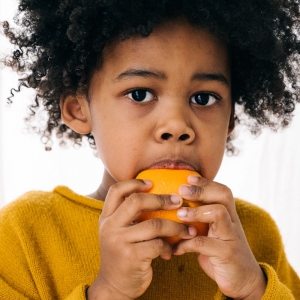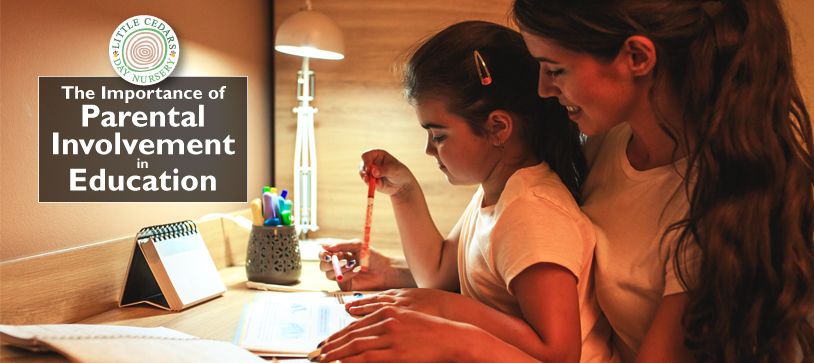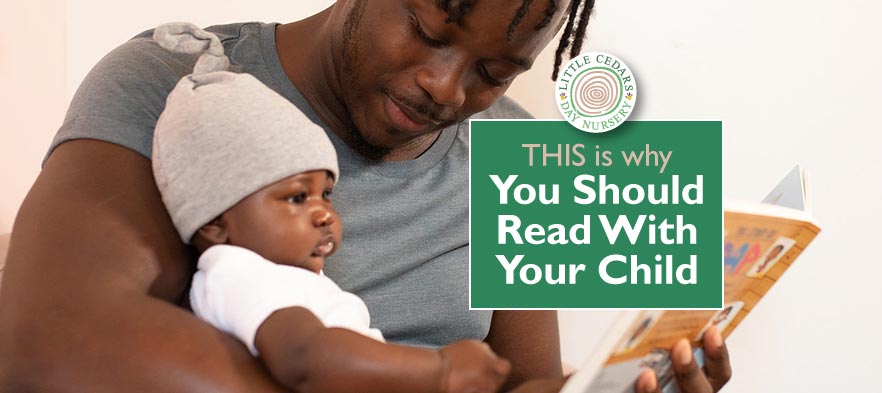
 In April last year, we published a compelling article about the importance of parental involvement in the education of children. In today’s, we study the specific importance of reading with children and how doing so profoundly benefits those children. What’s more, those benefits have long-term positive effects on the education and outcomes for those children …
In April last year, we published a compelling article about the importance of parental involvement in the education of children. In today’s, we study the specific importance of reading with children and how doing so profoundly benefits those children. What’s more, those benefits have long-term positive effects on the education and outcomes for those children …
First, a Clarification
First, parents need to know that the biggest positive impact from reading is when parents read with children, not just to them. So, in other words, both parent and child need to be involved in the task of reading, in an interactive kind of way. In so doing, for example, the parent can be there to help the child tackle tricky words, perhaps pointing out individual syllables, how something should be pronounced, how it should be spelt, why certain things are spelt the way they are, and so on. As time goes by, those children will learn and begin to recognise the ‘shape’ of whole words, which will become more familiar to them and allow them to be instantly ‘computed’ by the child as they begin to read more often. This interactive help from the parent or carer will teach children the methodology as well as helping them directly with letter combinations, syllables, phonetics, etc.
The biggest positive impact from reading is when parents read with children, not just to them.
Some Obvious Benefits of Reading with Children
 Reading with children also makes the task less daunting, particularly for the youngest children. Reading together also makes it more interesting and more fun. When it’s more interesting and more fun, the child is going to enjoy it more and naturally want to read more often — eventually independently — and all of that is priceless as part of their education and general knowledge going forwards. Reading can also bring parent and child closer through the time spent together. It can be great fun for the adult too, particularly when the child gets older and adults are exposed to classic children’s books that perhaps they were not, themselves, exposed to when they were young.
Reading with children also makes the task less daunting, particularly for the youngest children. Reading together also makes it more interesting and more fun. When it’s more interesting and more fun, the child is going to enjoy it more and naturally want to read more often — eventually independently — and all of that is priceless as part of their education and general knowledge going forwards. Reading can also bring parent and child closer through the time spent together. It can be great fun for the adult too, particularly when the child gets older and adults are exposed to classic children’s books that perhaps they were not, themselves, exposed to when they were young.
Fiction Books
Reading with children teaches them about English, spelling, punctuation, grammar, vocabulary, phonetics, comprehension and pronunciation. The regular and varied subject matter also helps children to open up their imaginations. This in turn will help them to become more creative, more imaginative individuals. This is true whether the reading material is fiction or non-fiction.
Non-Fiction Books
When it comes to non-fiction reading, of course there are a myriad of benefits to the child as they will be learning about many other topics along the way. So, reading carefully-selected factual material together will teach and benefit them on many levels. When they’re older, of course, this will help them to pinpoint and better comprehend relevant sections of text books when answering homework assignments.
Profound Additional Benefits of Reading With Children
Socio-economic Impacts
Sadly, children from lower socio-economic backgrounds are statistically shown to perform less well then those from higher socio-economic backgrounds. Parents reading with children, however, has been proposed as a solution to this deficit — it may well even up the playing field, which is incredible when you think about it. Indeed, research shows that children who do not receive reading help from parents are highly likely to perform worse at school and to end up with poorer outcomes in life. Again, that’s a profoundly important finding.
Children who do not receive reading help from parents are highly likely to perform worse at school and to end up with poorer outcomes in life.
The Nuffield Foundation Study
 The Nuffield Foundation’s mission is to advance social wellbeing and educational opportunity. In a partnership with the University of Newcastle, the foundation funded a deep study1 using data going back 40 years. Its findings are astonishing. When adults read regularly with children throughout their early years, it was found that the children’s language skills were improved by the equivalent of 8 months. This was for children aged, on average in the study, just 3¼ years old. That’s virtually in the middle of their early years education, so an 8-month leap in language skills at that incredibly young age is amazing when you think about it.
The Nuffield Foundation’s mission is to advance social wellbeing and educational opportunity. In a partnership with the University of Newcastle, the foundation funded a deep study1 using data going back 40 years. Its findings are astonishing. When adults read regularly with children throughout their early years, it was found that the children’s language skills were improved by the equivalent of 8 months. This was for children aged, on average in the study, just 3¼ years old. That’s virtually in the middle of their early years education, so an 8-month leap in language skills at that incredibly young age is amazing when you think about it.
Adults reading regularly with children throughout their early years was found to boost the children’s language skills by the equivalent of 8 months.
Conclusion
The benefits gained from parents reading with children, particularly in their early years, are clear to see. Reading boosts so many areas of a child’s education and the benefits are even greater when parents oversee and help with that reading. So, if you want your child to hit the ground running with their learning and development, read with them from an early age. Their comprehension, vocabulary, language skills, creativity, use of English, reading itself and overall literacy and knowledge of a wide variety of topics will benefit enormously. So too will their skills of empathy, their ability to express themselves, creativity and imagination. What’s more, by the time they leave nursery or pre-school, they’ll be even better prepared to hit the ground running by the time they start school at age 5. And many will also learn to love books and this can only help to benefit them further and enrich their lives as they grow older.
If you want your child to hit the ground running with their learning and development, read with them from an early age.
Reading at Little Cedars Nursery, Streatham
 It will come as no surprise, therefore, to learn that we put all of the above into practice at Little Cedars Nursery in Streatham. Getting closely involved in children’s reading, using a huge variety of reading material in an interactive way, gives our nursery children the very best start in life. Indeed, our childcare professionals prepare them thoroughly for school by the time they leave us. They take with them reading, writing, literacy, language, vocabulary and self-expression skills in the process — and all this accomplished at least in part through guided reading.
It will come as no surprise, therefore, to learn that we put all of the above into practice at Little Cedars Nursery in Streatham. Getting closely involved in children’s reading, using a huge variety of reading material in an interactive way, gives our nursery children the very best start in life. Indeed, our childcare professionals prepare them thoroughly for school by the time they leave us. They take with them reading, writing, literacy, language, vocabulary and self-expression skills in the process — and all this accomplished at least in part through guided reading.
If you’d like to consider the possibility of a place for your baby or child at Little Cedars Nursery in Streatham, please get in touch while we still have a few places available. We’re a nursery and pre-school offering outstanding weekday childcare near Streatham Hill, Streatham Common, Streatham Park, Upper Tooting, Tooting Bec, Tooting Common, Furzedown & Balham in London SW16.

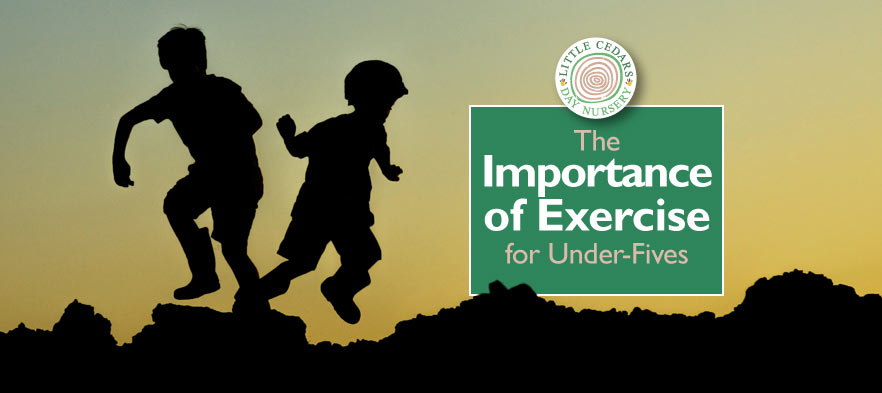
 What are the Recommendations for Early Years Exercise?
What are the Recommendations for Early Years Exercise? What are the Benefits of Early Years Exercise?
What are the Benefits of Early Years Exercise?
 How Parents can Help
How Parents can Help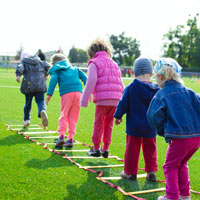 Active Play & Exercise at Little Cedars Day Nursery, Streatham
Active Play & Exercise at Little Cedars Day Nursery, Streatham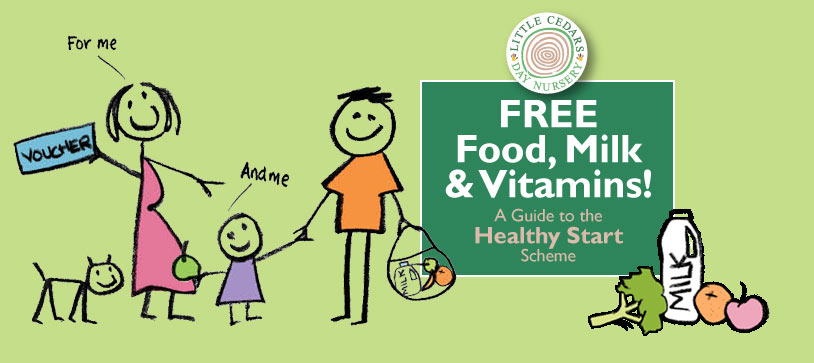
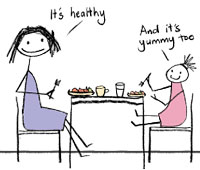 Are you pregnant, or a parent with a child under four? If so, your family may be eligible for free healthy food, milk and vitamin supplements. In England, some of these free items are available under the ‘Healthy Start’ scheme, which we’ll explain in this quick-start guide.
Are you pregnant, or a parent with a child under four? If so, your family may be eligible for free healthy food, milk and vitamin supplements. In England, some of these free items are available under the ‘Healthy Start’ scheme, which we’ll explain in this quick-start guide. Eligible individuals can get the following, absolutely free:
Eligible individuals can get the following, absolutely free: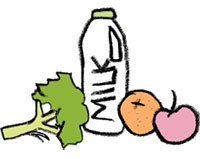 The infant formula milk:
The infant formula milk: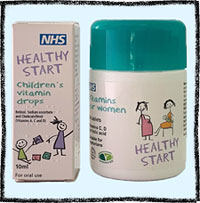 These free vitamin supplements are important for pregnant women, breastfeeding mums, babies and young children because many are deficient in them at this stage in their lives.
These free vitamin supplements are important for pregnant women, breastfeeding mums, babies and young children because many are deficient in them at this stage in their lives. In order to be eligible for Healthy Start vouchers, you need:
In order to be eligible for Healthy Start vouchers, you need: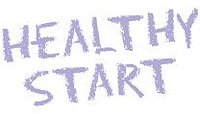
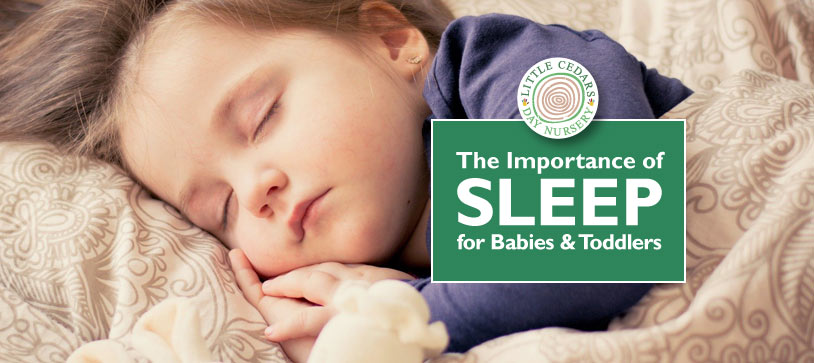

 These are significant benefits, so high quality sleep — and the right amount — is incredibly important.
These are significant benefits, so high quality sleep — and the right amount — is incredibly important. ‘Sleep Hygiene‘ is a term that refers to the whole routine around bedtime and sleeping, including important preparation measures during the run-up to bedtime A good sleep hygiene regime will help children get to sleep and to sleep soundly.
‘Sleep Hygiene‘ is a term that refers to the whole routine around bedtime and sleeping, including important preparation measures during the run-up to bedtime A good sleep hygiene regime will help children get to sleep and to sleep soundly. The biggest message is that setting up — and sticking to — a set bedtime routine will greatly help with the quality of your child’s sleep. It sets a pattern that their minds and bodies will become used to naturally. A regime of this nature can include winding-down activities like a warm bath or shower, a peaceful book-reading session, dimmed lights and so on in the approach to bedtime. The routine will prepare them automatically for sleep even during the run-up to actually sleeping.
The biggest message is that setting up — and sticking to — a set bedtime routine will greatly help with the quality of your child’s sleep. It sets a pattern that their minds and bodies will become used to naturally. A regime of this nature can include winding-down activities like a warm bath or shower, a peaceful book-reading session, dimmed lights and so on in the approach to bedtime. The routine will prepare them automatically for sleep even during the run-up to actually sleeping. At Little Cedars Day Nursery in Streatham, we understand the importance of sleep, particularly for babies and the youngest of the children. For that reason, we ensure that children have the opportunity of a nap both in the morning and in the afternoon. For example, babies sleep for about half an hour to an hour around 9.30am and then again after lunch, for 1 to 2 hours between about 1pm and 3pm. Preschoolers don’t have to sleep if they don’t want to, but are given the opportunity to do so — every child is different. We also take a lead from parents who may prefer their child to keep to a particular sleep pattern. If you would like more information about this topic, and how we approach it at the nursery, please do get in touch.
At Little Cedars Day Nursery in Streatham, we understand the importance of sleep, particularly for babies and the youngest of the children. For that reason, we ensure that children have the opportunity of a nap both in the morning and in the afternoon. For example, babies sleep for about half an hour to an hour around 9.30am and then again after lunch, for 1 to 2 hours between about 1pm and 3pm. Preschoolers don’t have to sleep if they don’t want to, but are given the opportunity to do so — every child is different. We also take a lead from parents who may prefer their child to keep to a particular sleep pattern. If you would like more information about this topic, and how we approach it at the nursery, please do get in touch.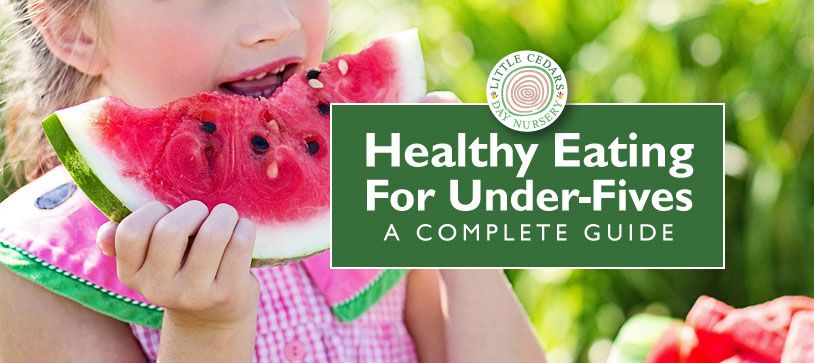
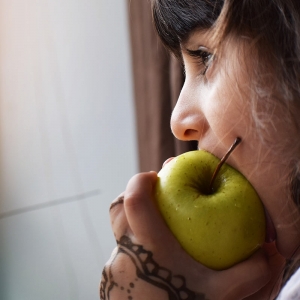 With families living busy lives these days, it’s not always easy to provide the very best nutritious meals for children. This is compounded by an abundance of ready meals and convenience food available in shops and advertised everywhere. However, healthy, balanced diets are incredibly important for children in their early years. Adopting a healthy diet early on can mean that some diseases associated with later life can be avoided. Healthy food also has other beneficial effects on growing children including sustained energy levels, improved cognitive activity, the evening out of a child’s moods, help with mental wellbeing and maintaining a healthy weight.
With families living busy lives these days, it’s not always easy to provide the very best nutritious meals for children. This is compounded by an abundance of ready meals and convenience food available in shops and advertised everywhere. However, healthy, balanced diets are incredibly important for children in their early years. Adopting a healthy diet early on can mean that some diseases associated with later life can be avoided. Healthy food also has other beneficial effects on growing children including sustained energy levels, improved cognitive activity, the evening out of a child’s moods, help with mental wellbeing and maintaining a healthy weight.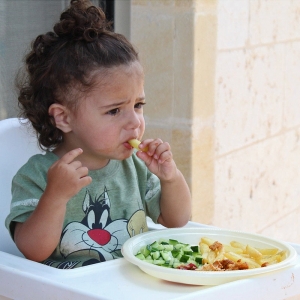 Make sure you give the
Make sure you give the  Childhood obesity is a growing problem in the UK, with nearly a third of children aged two to fifteen being overweight or obese. What’s more, data shows that children are becoming overweight at ever-earlier ages and are generally eating less fruit, vegetables, oily fish and fibre than is recommended. The lack of a varied diet will leave children lacking in some essential vitamins and minerals. This is all of major concern. Obesity alone can lead to health issues in later life such as diabetes, heart problems, high blood pressure and even cancer. It may also lead to bullying and self-consciousness which may adversely affect a child’s self-esteem and mental wellbeing.
Childhood obesity is a growing problem in the UK, with nearly a third of children aged two to fifteen being overweight or obese. What’s more, data shows that children are becoming overweight at ever-earlier ages and are generally eating less fruit, vegetables, oily fish and fibre than is recommended. The lack of a varied diet will leave children lacking in some essential vitamins and minerals. This is all of major concern. Obesity alone can lead to health issues in later life such as diabetes, heart problems, high blood pressure and even cancer. It may also lead to bullying and self-consciousness which may adversely affect a child’s self-esteem and mental wellbeing.